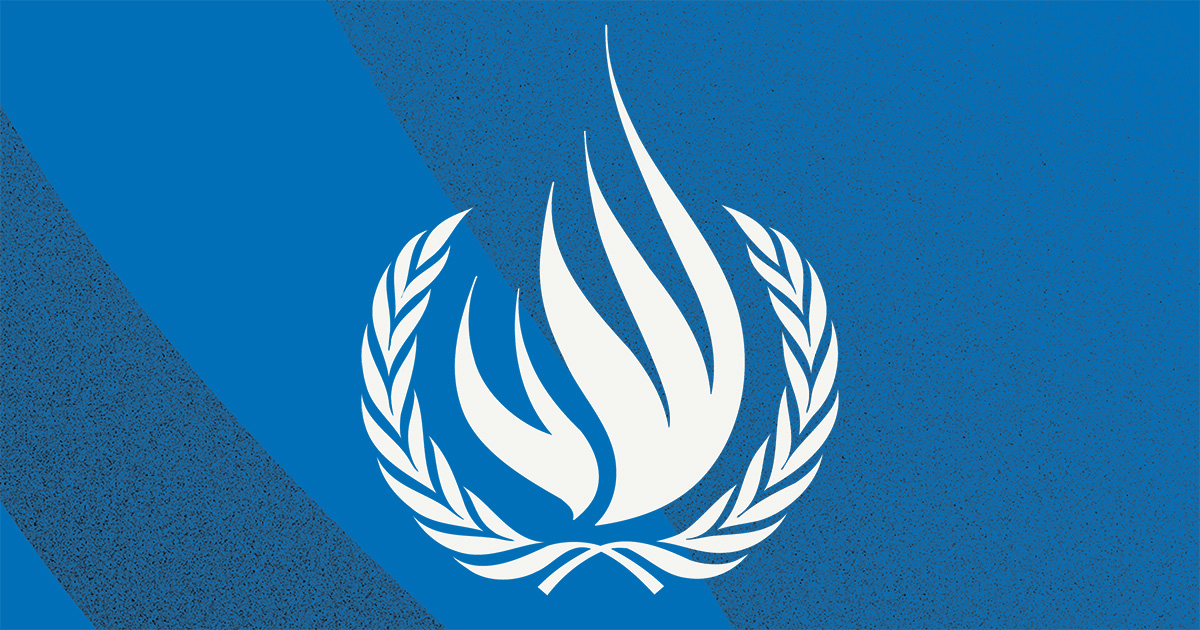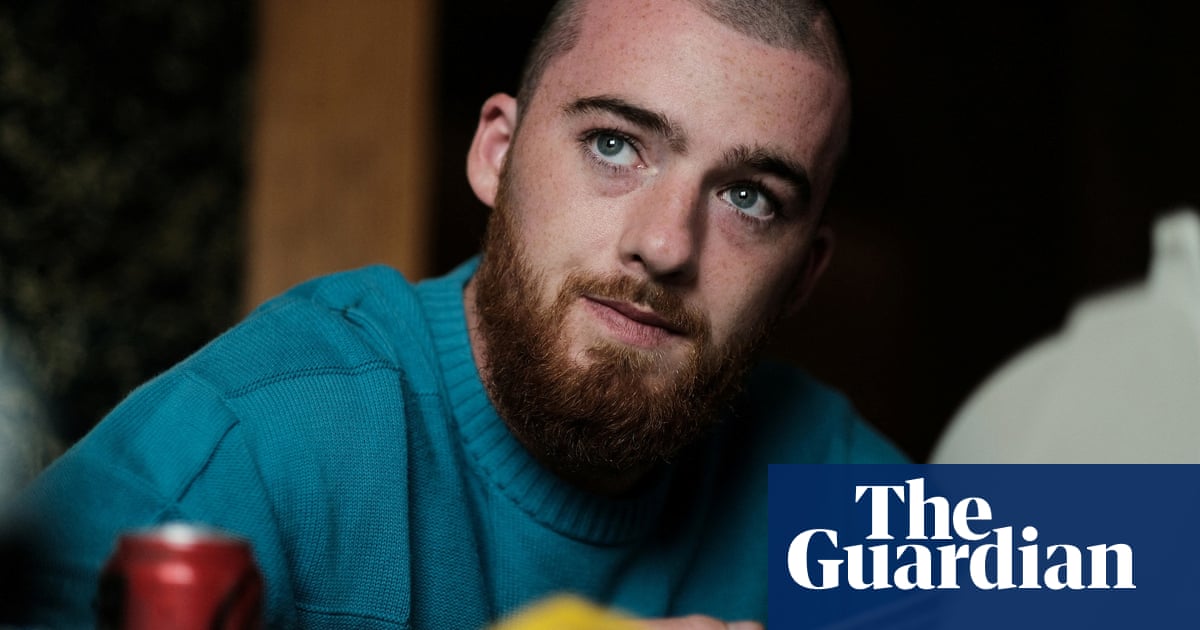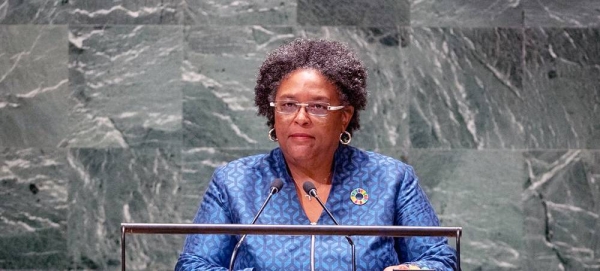
In the face of siege and war in Gaza, the writer and educator Refaat Alareer fought for his people’s right to narrate their experiences and history. “As a Palestinian, I have been brought up on stories and storytelling,” writes Alareer. “It’s both selfish and treacherous to keep a story to yourself.”
First written in 2022, these lines now sit at the heart of If I Must Die, a posthumous collection from Alareer’s eclectic and compelling oeuvre. Published by OR Books to mark a year since the writer’s death by an Israeli airstrike in Gaza, If I Must Die contains a selection of journalism, literary criticism, essays and poems written between 2010 and 2023. Taken together, they provide a glimpse into a restless political and literary mind, one that was still rising to the height of its powers.
Many readers and students knew and loved Alareer while he lived, but it was his death that brought his name into the global consciousness. In the hours and days after his killing, Alareer’s poem If I Must Die went viral, resounding from social media to the streets. Written to his daughter Shymaa in 2011, the seemingly simple verses vibrate, stretched taut between tragedy, tenderness and resolve: “If I die / you must live / to tell my story … let it bring hope / let it be a tale.”
Shymaa and her infant son were killed by an Israeli airstrike a few months after her father’s death; on 4 December, at a New York City launch event for the anthology, the Palestinian poet Mosab Abu Toha reflected that, with both Refaat and Shymaa Alareer now dead, If I Must Die becomes a letter to “each one of us who read or heard the poem”.
Alareer’s writing bears the imprint of influences both colloquial and scholarly. The author and academic was born in 1979 in Shuja’iyya, Gaza, a neighborhood with a history of fierce resistance against the Israeli occupation. Alareer was shaped by this milieu: the book recounts how, as a first-grader, he blacked out after being struck in the head by a stone thrown by an Israeli soldier who was “smiling ear to ear”; four years later he was shot by rubber bullets for throwing stones at occupying forces. Over the years, he witnessed numerous relatives killed or maimed by Israeli violence, and sat for hours listening to his grandmother’s and mother’s stories of dispossession and war.
These experiences, along with the violent Israeli response to the peaceful demonstrations of the Great March of Return, when Palestinians in Gaza marched weekly to the border fence symbolizing their siege, sharpened the poet’s resolve to “[resist] the Israeli occupation by all means available”. Alareer affirmed the role of armed struggle as one dimension of the fight for Palestinian liberation, but largely channeled his own fervor through his pen, as well as the Expo marker pen that he made famous when declaring, in the early days of the Israeli assault on Gaza: “The toughest thing I have at home is an Expo marker. But if the Israelis invade … I’m going to use that marker to throw it at the Israeli soldiers, even if that is the last thing that I would be able to do.”
Alareer completed his undergraduate work in English at the Islamic University of Gaza before going on to earn an MA at University College London and a PhD in English literature at Universiti Putra Malaysia. Despite his love for his native Arabic, Alareer chose to publish much of his work in English, which he viewed as a vehicle to reaching the wider world. His poetry contains nods to Shakespeare and echoes of John Donne, the English poet who was the subject of Alareer’s dissertation and whose well-known line, “Death, be not proud,” would fit well alongside verses like If I Must Die. Meanwhile, Alareer’s courses at the Islamic University of Gaza had his students contending with the likes of Edward Said and the renowned Palestinian Egyptian poet Tamim al-Barghouti alongside Virginia Woolf, Jonathan Swift and Mary Shelley.
Alareer saw his focus on the English canon not as a mark of anglophilia, but as a form of aesthetic self-determination and a political strategy. An early essay in If I Must Die chronicles the formation of this philosophy, tracing its beginning to the 23-day Israeli offensive, Operation Cast Lead, in 2008-2009. Then a newly minted MA teaching English in Gaza, Alareer used his time sheltering from Israeli fire to plan lessons for his coming semester. While revisiting Daniel Defoe’s Robinson Crusoe – the western classic about a shipwrecked Englishman who, marooned on an island in the Caribbean, is portrayed as a hero for his will to survive – he was struck by Defoe’s treatment of Friday, a man indigenous to the region who is portrayed as primitive and subservient. Alareer writes: “It dawned on me how Friday’s story was mediated by a self-appointed, colonial, supremacist master assuming ownership of a land that was not his.”
Alareer saw his people, too, as being too often mediated, or completely obscured, by western narratives. “Palestinians should never be the Man Friday of anyone – we have to have our own narrative,” Alareer resolved. He went on to teach English and creative writing workshops, edit and contribute to anthologies, and establish the non-profit We Are Not Numbers, which aimed to pair youth in Gaza with writing mentors. “Palestine is a story away,” Alareer wrote in 2014:
In so many ways, the struggle in Palestine for land and rights has to be fought metaphorically and verbally … to shatter Israeli narratives of a land without a people, of a people without roots, of a people which never existed at all … through this writing, we not only assert our existence, but envision our future.
Even as Alareer sought to cultivate Palestinian storytellers, he was equally committed to fostering a critical Palestinian readership. Encompassing works spanning from The Merchant of Venice to Charles Dickens and the Israeli Jewish author Yehuda Amichai, Alareer’s syllabuses invited his students to wrestle with their own artistic, moral and national inclinations. In the essay Gaza Asks: When Will This Pass? Alareer recalls: “To many of my students, [Shakespeare’s Jewish character] Shylock was beyond repair. Even Shylock’s daughter hated him!” However, with time, discussion and close reading, Shylock became recognizable to his students as a character who endured “an apartheid-like society [and] had to choose between total submission and humiliation … and resisting by the means available to him. He chose to resist, just like Palestinians do nowadays.”
While If I Must Die defends and demonstrates the power of storytelling, it is also shadowed with growing doubt. As the title suggests, the book is shot through with death, its chronological chapters proceeding through years of violent, compounding siege. Following his own instructions to his students, Alareer’s reportage and criticism lean on storytelling, arraying the impact of occupation in granular, human terms – an elderly woman with cancer denied a permit to travel for healthcare, the Palestinian corpses held captive in Israeli prisons, the agony of a father forced to ration his child’s food. He declares: “There is no normal in Gaza. We never have normal days, because even when we go back [after a war] we go back to the siege, the occupation, to dying slowly.”
As If I Must Die progresses, the situation in Gaza grows more desperate, and Alareer’s defiance jostles with despair. Read in 2024, Alareer’s lamentations from years past are chillingly prescient. In a 2014 essay, Alareer considers his nieces and nephews, left traumatized and fatherless by an Israeli airstrike: “Unless Israeli war criminals are brought to justice and the occupation ends, my fear is these children will grow up feeling they were betrayed by the world.” Eight years and some pages later, Alareer grieves: “[My daughter] Amal is now two wars old.” He wonders: “When will this pass? … How many dead Palestinians are enough?” After more than a year of what growing numbers of experts consider to be a genocide, this question hits with the weight of Gaza’s innumerable and ongoing loss.
If I Must Die concludes with several post-7 October dispatches, pages which throb with both Alareer’s and the reader’s dread. “Israel [is] heading toward genocide,” he declared on 13 October, decrying the western world’s overwhelming support for the bombing in Gaza, and what he saw as its refusal to recognize the historical or political context for the events of 7 October. In the early hours of the still-unfolding attack, he told the BBC: “This is exactly like the Warsaw Ghetto Uprising. This is the Gaza ghetto uprising against 100 years of European and Zionist colonialism and occupation,” adding that such an operation was “legitimate and moral”. These three words attracted widespread vitriol. Soon after, he was singled out by the pro-Israel opinion writer Bari Weiss for his sarcastic response to a debunked story that Hamas had burned babies in ovens. Weiss accused him of mocking dead Israeli children, and her large online following unleashed a flood of rape and death threats against Alareer.
But such were the least of Alareer’s concerns by then. Displaced with his family multiple times in the first few weeks of the genocide, he described a Gaza of “unprecedented horror” in which no place was safe and hunger was already hollowing his children’s faces. In subsequent interviews and posts, he recorded what were, at the time, shocking escalations of violence, such as the bombing of schools and hospitals.
“Israel long ago created the concentration camp,” reads an entry from 26 October 2023. “But now this is an extermination camp.”
Less than a month later, Alareer would be dead, along with his brother, his sister, four nephews, and a neighbor. The airstrike that killed them on 8 December 2023 came one day after Alareer received a threatening phone call from the Israeli military, prompting him to relocate from a humanitarian shelter to his sister’s home, where the bomb found him anyway.
The anthology both answers and extends the imperative of its eponymous poem to “tell [Alareer’s] story”. But the author calls readers toward a more expansive responsibility:
The promise was that [telling the stories of Gaza] will effect change and that policies, especially in the United States, will be improved. But honestly, will they? Does a single Palestinian life matter? Does it? Reader, as you peruse these chapters … will you make this matter?
This question was penned in 2022. Alareer is no longer able to witness how the world fulfills, or fails, this plea.












